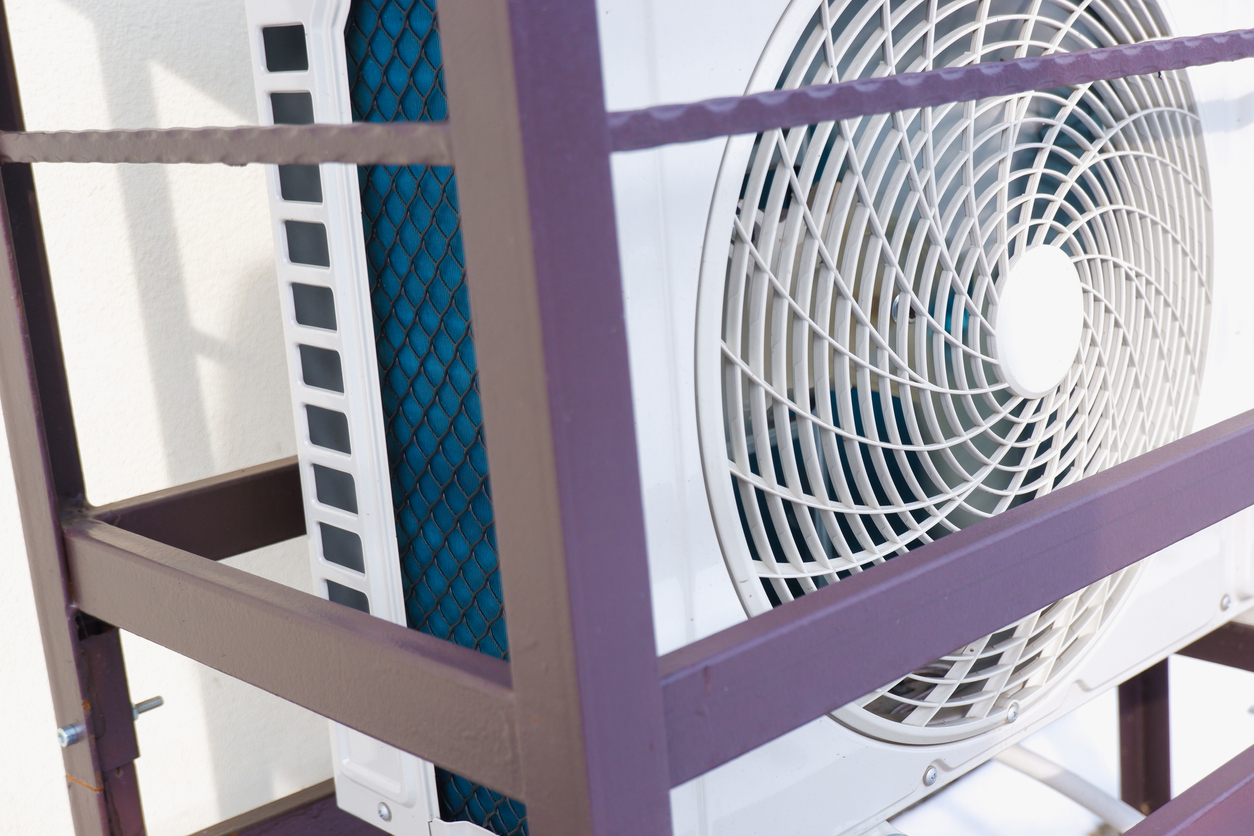Furnace Making Loud Rumbling Noise?
Your home is meant to be an oasis of warmth and comfort throughout the winter, but when your furnace starts making an unsettling rumbling noise, it can quickly turn your haven into a source of concern.
In this post, the team at Peel Heating is going to outline the typical causes of a furnace's rumbling noise, ranging from minor problems to maybe more significant issues. We'll also go over how to identify the issue and what you can do to get your home heating system operating safely and efficiently again.
So, if you want to learn more about why your furnace is making odd noises, keep reading!
Why Is My Furnace Making a Rumbling Noise?
If your home's furnace is making a rumbling noise, it may be due to one of the following reasons:
· Dirty burners: As dirt, debris, or soot build up on the furnace burners over time, the combustion process becomes irregular and noisy.
· Circulation problems: Inconsistent combustion can be caused by limited airflow, which may be the result of a clogged vent or congested air filter. This can produce rumbling noises.
· Delayed ignition: Gas may start to build up before the burner ignition if it fails to light right away, which may sound like something like an explosive.
· Loose or faulty parts: When a furnace is operating, noises like rattling or rumbling may be produced by loose or defective parts.
· High gas pressure: A high gas pressure might cause the process of combustion to be noisy.
· Unclean or malfunctioning heat exchanger: When a heat exchanger overheats or fails to transfer heat effectively, it may make rumbling noises.
· Problems with the pilot light: Dirty or incorrectly adjusted pilot lights might cause rumbling or even inconsistent ignition.
· Age and wear: As furnaces get older, wear and tear increase in frequency, which can cause a number of operational problems, such as strange noises.
To guarantee that your furnace runs dependably and silently, you should have it professionally inspected on an ongoing basis. Additionally, it's best to get the advice of a qualified HVAC specialist to identify and fix the problem if you're not sure where the noise is coming from.
When Should I Worry About My Furnace Noise?
While some noise is typical for a furnace to produce while it operates, there are several situations in which the noises your heating system is making should worry you. Here is a closer look:
· Abrupt and loud booms or banging: You should contact a professional right away if your furnace makes abrupt or loud bangs or booms. These noises may be signs of stalled ignition, which is a safety risk.
· Continuous rumbling or screeching: If there is a persistent rumbling or screeching sound, especially if it is more intense than usual, it may indicate an issue with unclean burners, high gas pressure, or a damaged heat exchanger, which can affect its performance and safety.
· Screaming or high-pitched sounds: Sounds that are high-pitched or shrieking could be an indication of issues with the fan or blower motor. The efficiency of your furnace's heating system may be impacted if these parts aren't working correctly.
· Grinding noises: These noises could be the result of a mechanical problem, including loose or broken parts. If these sounds remain unresolved, they may cause more harm to your equipment.
· Vibrating or rattling: Noises such as rattling or vibrating can frequently be caused by loose parts in your furnace.
· Whistling or hissing noises: These sounds could indicate ducting air leaks, which lower heating efficiency.
Generally speaking, it's recommended to remain cautious and seek assistance from a technician if you detect any unexpected or persistent noises emanating from your furnace that are not part of its usual operation. Overlooking furnace noises can eventually result in more severe problems that are expensive to fix and more damaging to your equipment.
How Do I Fix My Furnace from Vibrating?
It can be irritating and possibly dangerous to your equipment if your furnace is vibrating and making loud noises. Specific issues could be small-scale, but there are also more severe and harmful issues. For this reason, speaking with a qualified HVAC specialist is strongly recommended. They are able to carry out a thorough examination, identify the cause of the vibrations, and suggest appropriate fixes or replacements if needed.
We advise you never to try and repair your home's furnace on your own, as these types of equipment are highly complex. Without the proper knowledge and certifications, you risk putting yourself and your equipment at risk. Additionally, DIY repairs can also void any warranty you may still have on your heating system.
Ultimately, you should not ignore the rumbling sounds coming from your furnace. These noises may indicate a number of hidden problems that may compromise the durability, safety, and functionality of your furnace if they go unnoticed. These noises could have a variety of causes, such as unclean burners, ventilation issues, delayed ignition, and even age-related deterioration.
Timely professional inspections and maintenance are crucial for ensuring that your furnace operates smoothly and quietly. Additionally, consulting a qualified HVAC specialist is highly recommended if you're uncertain about the source of the noise, as they possess the expertise needed to identify and solve issues effectively.
An experienced HVAC technician can carry out a thorough examination, identify the source of the vibrations, and, if necessary, suggest suitable fixes or replacements.
Is the furnace in your home making weird rumbling noises? If so, it's essential that you reach out to a professional HVAC company for assistance, like the team at Peel Heating and Air Conditioning.
The certified and experienced HVAC technician team from Peel Heating is available 24/7/365 days a year, including after-hours, weekends, and holidays, at no extra cost. We're proud to serve homeowners throughout Brampton, Oakville, Port Credit, and the surrounding neighbourhoods.
Reach out to us over the phone or book your repair appointment online using our booking form!





